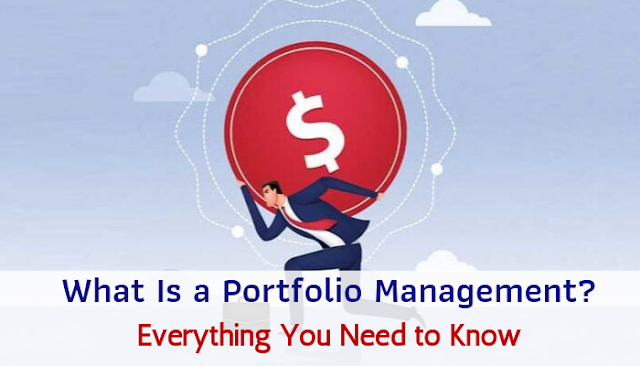PgMP Certification: What Is It?
Program Management Professional (PgMP) exam certification is one of the certificates that you can find in the PMI’s record of other certifications such as Project Management Professional (PMP), Portfolio Management Professional (PfMP), Certified Associate in Project Management (CAPM), and with others. PgMP is one of the certificates that help rotates one’s career towards becoming a program manager.Once the aspirants pass the exam and obtain the certificate, that doesn’t automatically make them program managers. There are still some provisions to fulfill and review to undergo before becoming a full-fledged certified program manager.
A Program Management Professional (PgMP) resources have the required knowledge to ensure the ultimate success of the program, which helps the organization to meet it is strategic goals.
This is one of the many credentials as developed by the PMI which addresses the community of professionals who manage Programs who are also showing their experience, skill, and performance in managing multiple, related projects that are aligned with Organizational Objectives.
Who Should Take PgMP Certification?
If you have the demonstrated ability to manage multiple, related projects and navigate complicated activities that span functions, organizations, regions or practices and to follow results with organizational goals, then you are a potential PgMP.What Is the Eligibility Criteria?
Secondary degree from high school diploma, associate’s degree or the global equivalent:- 6,000 hours of project management experience
- 10,500 hours of program management experience
- 6,000 hours of project management experience
- 6,000 hours of program management experience
- Program managers, Project managers, Senior Managers
- VPS/ PMO consultants
Benefits of PgMP certification
Having a PgMP certification means candidates will stand out from the rest of the job applicants and get the attention of the employer.Being a certified program manager also suggests that you have excellent ability and knowledge to lead and manage programs as well as performance that provides to the organization as a whole. By obtaining this certification, you have the chance to lead or manage high-level programs and projects and even come up with plans for businesses.
PgMP accreditation is not just benefited in the cover of an aspiring program manager. It is a value that is attached to them, as well as identity and responsibility.
Why PgMP Certification?
For certified program manager professionals, it opens different opportunities for scaling up on the professional ladder. With the credibility of PMI and the experience, one will come very handy. As a program manager, your leadership will help obtain multiple benefits for your organization.You would be managing various, related projects in a coordinated way, achieving advantages that will not happen if the plans were handled separately.
Format of PgMP Exam
The PgMP exam’s duration is four hours, and it consists of 170 multiple choice questions, with only 150 estimated to be live questions; this means that the rest of are seeded or planted.You still need to complete all these questions since you won’t identify which are the live questions and which ones are planted.
The PgMP exam is straight, and you want to gain at least a score of 65% to pass.
What Is PgMP Certification If You Don’t Have a Well-Prepared Plan?
Now that you have the answers to that what PgMP certification inquiries are, it’s time to prepare your elements and of course, yourself.As mentioned, PgMP is the most daunting process of certification since it involves a sophisticated type of responsibility once the aspirant becomes a program manager. The PgMP certification is not the end of the road, once the person has been officially certified, he or she still needs to get credits from doing voluntary work or program consultations in various companies.
As for exam preparation, there are a lot of resources or applications that will help your preparation for the PgMP certification exam such as simulators, reading resources, and even tips and advice from program management’s forums. You can also serve seminars, workshops, or coaching sessions if you want to have that classroom vibe or interaction with the experts.
Apply for the PgMP exam
Look for the Prometric Testing Centers near your area and schedule your selected exam date. It needs weeks for Prometric to book you an exam date, so it is recommended that you reserved earlier. Don’t forget that you need to get an authorization letter from the PMI containing a code to assist with your schedule.Retake the PgMP Exam
You can take the PgMP exam up to three times within a year from beginning your authorization letter. However, you require additional fees for the retake, which costs $500 for PMI members and $600 for non-members.The Skills Assessed in the PgMP Exam
There is a total of thirty-five objectives described in the PgMP exam, which are split into six subject groups of programs.The following skills and knowledge that are covered during the examination are:
- Outline
- Initiation
- Planning
- Implementation
- Controlling or monitoring
- Closing







